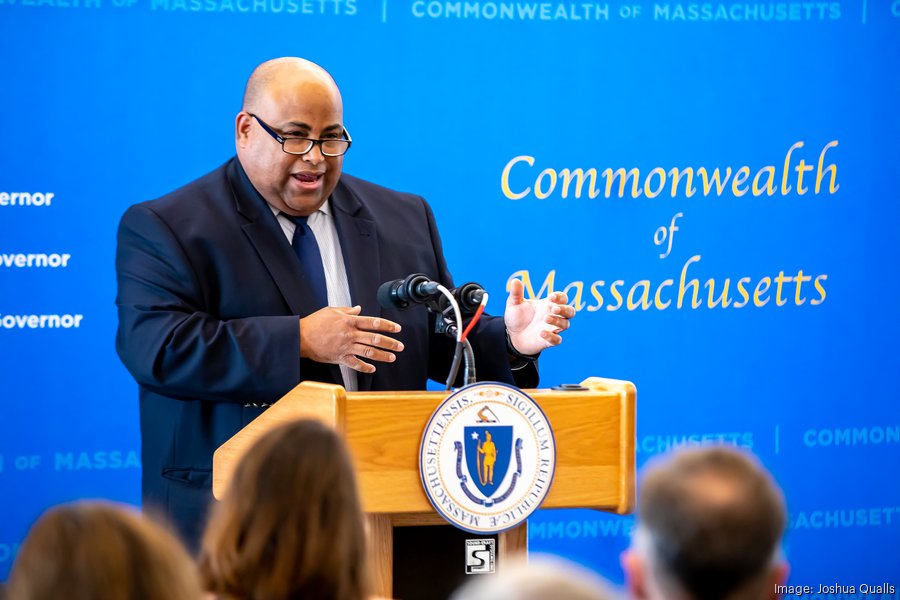Harvard Law School students are holding a vigil to "grieve as a community and address systemic injustice" following the grand jury's decision not to indict in the Eric Garner chokehold death.
"He's still working, he's still getting a paycheck, he's still feeding his kids. My husband is six feet under," said his widow Esaw Garner.
Is it injustice for an unarmed man or the justified actions of a police officer? A New York City grand jury decided not to indict Officer Daniel Pantaleo in the chokehold death of Eric Garner, who was allegedly selling untaxed cigarettes in Staten Island in July.
The altercation was caught on camera as Garner struggled with police.
"I can't breathe, I can't breathe," Garner said.
Disappointed, New York City Mayor Bill de Blasio quoted Eric Garner's father.
"There can't be violence. Eric would not have wanted violence. Violence won't get us anywhere," De Blasio said.
"When anybody in this country isn't being treated equal under the law that's a problem. And it's my job as president to help solve it," President Obama said.
Massachusetts
The latest news from around the state
The medical examiner ruled Garner's death a homicide and the chokehold is a banned NYPD maneuver.
Officier Pantaleo also spoke out for the first time.
"I became a police officer to help people and to protect those who can't protect themselves. It is never my intention to harm anyone and I feel very bad about the death of Mr. Garner," he said.
"Increasingly, we're seeing a pattern," Boston NAACP President Michael Curry said.
Curry says comparisons to the Michael Brown death in Ferguson and others are inevitable and much more than just unfortunate.
"You can have a video, it can be clear that the officer deviated from police practice or police policy. It can be clear that it was excessive force and still the officer could go free," Curry added.
Meanwhile, despite no local indictments, the Justice Department continues to investigate both cases.



